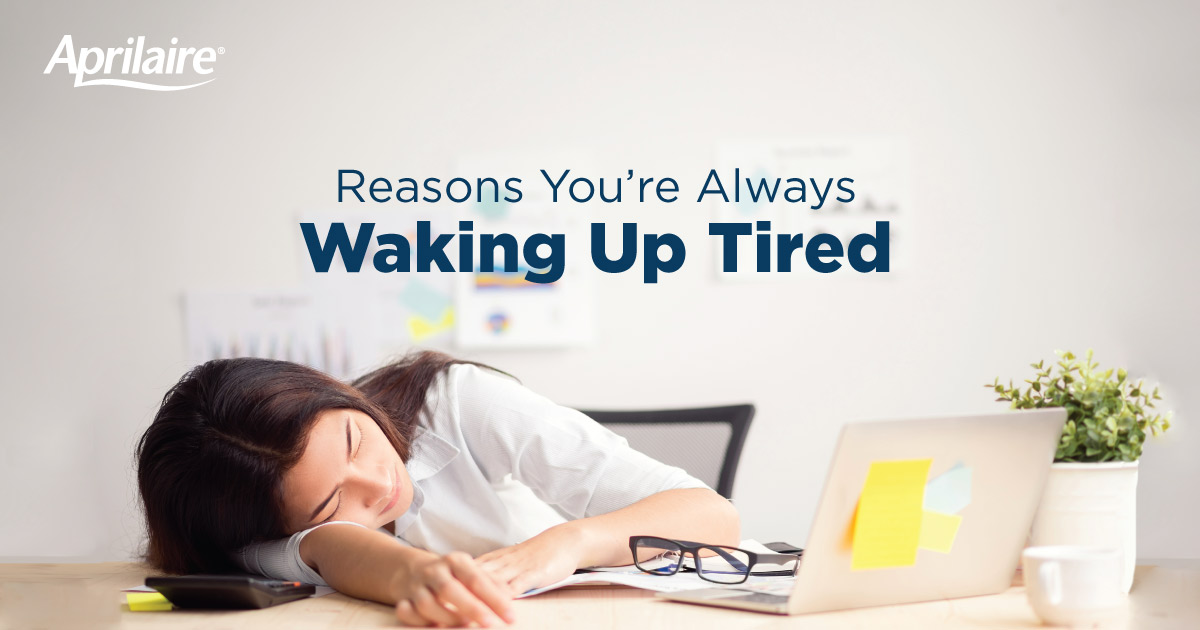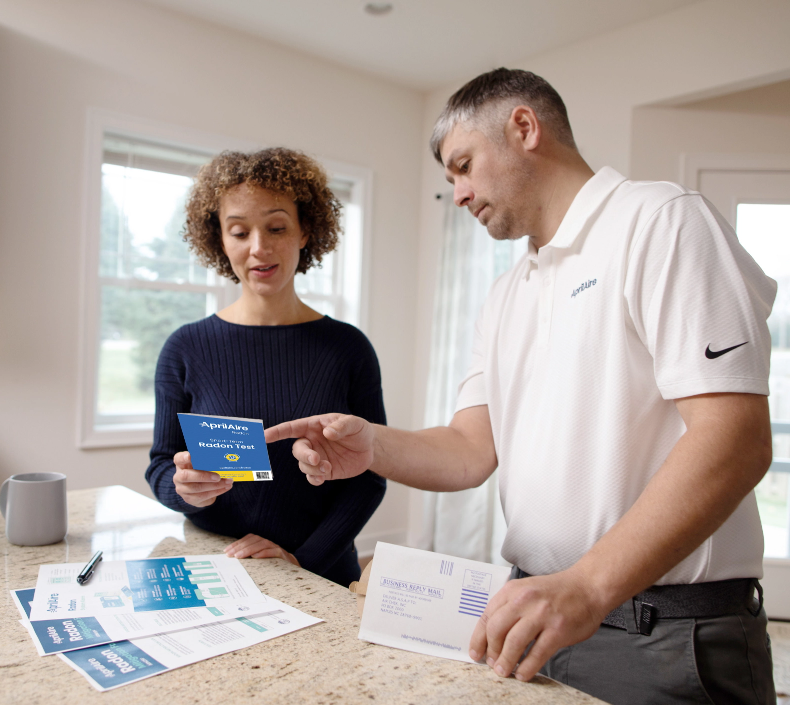5 Reasons You’re Always Feeling Tired and How to Stop It
3 minute read
Feeling tired is almost guaranteed after pulling an all-nighter, or waking up with a crying baby multiple times a night. But hopefully, those are exceptions, not the norm for weeks and months.
If you’re waking up after a full night’s sleep and still feeling tired, you might not be getting the quality sleep you think you are.
The Wrong Bedtime
Did you know there is actual truth behind whether you’re an “early bird” or a “night owl” based on your body’s chronotype?
Solutions:
- Understand your specific biological programming
- Schedule your work and daily activities around your levels of productivity
- Sleep when YOUR body is designed to rest
Unhealthy Lifestyle
Diet and exercise have major effects on energy levels regardless of how many hours you’re sleeping at night. Filling your body with the wrong type of fuel throughout your day makes it that much harder for your body to rest and recover overnight.
Solutions:
- Drink more water
- Limit your alcohol and caffeine intake
- No more than one drink per day for women, two for men
- Stop caffeine intake by 2pm and cut off any alcoholic beverages at least three hours before bedtime
- Eat a balanced, healthy diet
- Avoid foods with simple carbs and sugars – alcohol, refined grains, processed food
- Focus on foods rich in vitamins, minerals and other nutrients – fruits, Vegetables, Grains, Proteins, Dairy
- Exercise to increase energy
Blue Light Exposure
It should come as no surprise that screen time has increased our exposure to blue light, particularly after lights out. Blue wavelengths are useful during the day, promoting energy and attention. But at night, they can alter the production of melatonin, which is part of your body’s natural method for dozing off.
Solutions:
- Soak up as much bright light as you can during the day
- Limit screen time starting two to three hours before you plan to go to sleep
- If the use of electronics is necessary for you during the evening hours, invest in some blue light-blocking glasses
Poor Sleep Environment
The quality of your rest depends largely on your sleep environment. The “Sleep Doctor”, Michael Breus, PhD., says it’s important to focus on all five senses to create the perfect conditions for a good night’s sleep.
Solutions:
- Sight: A dark bedroom is essential for restful nights. Use blackout curtains and/or sleep masks while sleeping and limit screen time. Use small night lights if you wake up in the middle of the night to avoid turning on any bright lights.
- Sound: “Focus on eliminating, reducing, and blocking the noises in your bedroom that are disruptive to your sleep” through the use of earplugs, sound machines, and picking the right alarm.
- Touch: Invest in high-quality sheets, as well as a medium-firm mattress that you replace every 9-10 years.
- Smell: Open windows, use an air purifier and/or dehumidifier, or try aromatherapy.
- Taste: Eat the right foods like we mentioned above, don’t eat too much right before bed, but don’t go to bed hungry either. Aim for a small snack about ninety minutes before bed.
- Plus, Temperature: Typically the best sleep environment is between 60-67°F. This can be difficult to achieve during the warmest and coldest times of the year, but it’s easier with a programmable thermostat. Set the best temperature for each time of day to save energy and find the most comfortable environment for sleep.
Sleep Disorder
If you’ve tried all of the above and are still having a hard time getting a restful night’s sleep, it might be a bigger issue than the thread count of your sheets. There are several sleep disorders that can interfere with the quality of your sleep: Sleep apnea, narcolepsy, insomnia, restless leg syndrome, bruxism (teeth grinding), and the list goes on.
Solutions:
- Sleep disorders need to be diagnosed and treated by your healthcare provider, and you will most likely need to go in for a sleep study.
Sources:
- https://www.ncbi.nlm.nih.gov/pubmed/25469597
- https://www.health.harvard.edu/staying-healthy/blue-light-has-a-dark-side
- https://www.healthline.com/health/waking-up-tired-2
- https://thesleepdoctor.com/2018/07/29/6-reasons-you-wake-up-tired-after-a-full-night-of-sleep/
- https://www.theladders.com/career-advice/10-scientific-reasons-youre-tired-after-a-good-nights-sleep
- https://www.healthline.com/health/balanced-diet#what-to-eat
